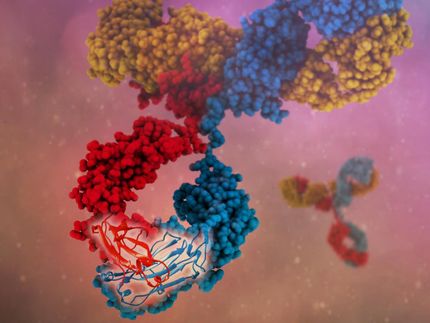Geron and Exeter Life Sciences form joint venture for animal cloning technologies
Advertisement
Geron Corporation and Exeter Life Sciences, Inc. announced the formation of stART Licensing, Inc., a new company that will manage and license a broad portfolio of intellectual property rights related to animal reproductive technologies. This unique portfolio includes the foundational nuclear transfer cloning technology that was developed at the Roslin Institute for the cloning of Dolly the sheep.
Through the creation of the stART Licensing joint venture the leading intellectual property for animal cloning, including the full breadth of rights under the Roslin technology, will be combined under one roof.
Geron is contributing patent rights to stART, including rights to the Roslin technology and patents to related developments arising from animal cloning work that Geron funded at the Roslin Institute. Exeter is contributing rights acquired from PPL Therapeutics, Inc. to use the Roslin technology for producing proteins in milk of animals, as well as rights to other cloning technologies, including chromatin transfer, a technology developed at the University of Massachusetts. Exeter will provide initial capital for the company's operations, as well as management services. Geron and Exeter will hold 49.9% and 50.1% stakes in stART, respectively. In addition, Geron will receive up-front cash and milestone payments. Geron and Exeter will receive distributions of profits from stART proportionate to their equity interests.
Recent successes by Geron in three patent interferences bring further clarity to the patent landscape, demonstrating the strength of the Roslin patent portfolio held by stART. In each case the Board of Patent Appeals and Interferences of the U.S. Patent and Trademark Office issued final judgments in favor of Geron, invalidating animal cloning patents held by Advanced Cell Technology (ACT) and Infigen. ACT has appealed one of the two judgments against it, and the other may still be appealed.
Dr. Scott Davis, founder and former head of ViaGen, will be the president of stART. Dr. Davis was chair of the genetics faculty at Texas A&M University and a professor there for 12 years. Dr. Davis will oversee stART's intellectual property investment and licensing strategy.
The technology that stART offers has the potential to impact many fields of biotechnology product development. For human medicine, cloning may be used to develop animals that secrete therapeutic proteins in their milk, that produce humanized antibodies for use as vaccines or that produce animal tissues modified for xenotransplantation. In agriculture, cloning can be used to improve health, quality and consistency of animal herds more quickly than is possible through conventional breeding.
Other news from the department business & finance
Most read news
More news from our other portals
See the theme worlds for related content
Topic world Antibodies
Antibodies are specialized molecules of our immune system that can specifically recognize and neutralize pathogens or foreign substances. Antibody research in biotech and pharma has recognized this natural defense potential and is working intensively to make it therapeutically useful. From monoclonal antibodies used against cancer or autoimmune diseases to antibody-drug conjugates that specifically transport drugs to disease cells - the possibilities are enormous

Topic world Antibodies
Antibodies are specialized molecules of our immune system that can specifically recognize and neutralize pathogens or foreign substances. Antibody research in biotech and pharma has recognized this natural defense potential and is working intensively to make it therapeutically useful. From monoclonal antibodies used against cancer or autoimmune diseases to antibody-drug conjugates that specifically transport drugs to disease cells - the possibilities are enormous























































